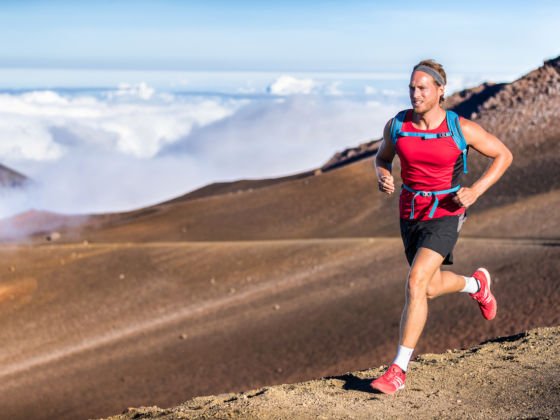“IF YOU EXERCISE TOO MUCH, your thighs will become too big,” Amira tells me.
Sitting at Café Sima in Bethlehem, she digs her spoon into the lava cupcake in front of her; chocolate pools onto the plate. I use a piece of cookie to stop the flow before taking a sip of my iced latte.
